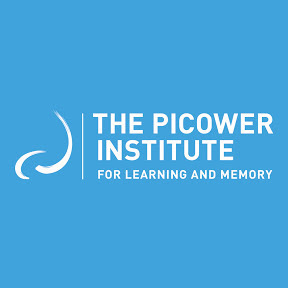
Aging Brain Seminar with Kenneth Kosik, MD, "The Knotty Problem of Neurofibrillary Tangles"
Description
Aging Brain Seminar with Kenneth Kosik, MD, UC Santa Barbara
Tuesday, April 4 at 4:00pm
Picower Seminar Room (46-3310, 3rd floor of MIT Building 46)
The Knotty Problem of Neurofibrillary Tangles
Neurofibrillary tangles are the diagnostic feature of a diverse disease category known as the Tauopathies. These diseases range from Alzheimer’s disease to frontotemporal dementia to chronic traumatic encephalopathy. Their shared basis includes the prion-like properties of the tau protein that is capable of spreading through the brain. Spread involves the uptake of tau into recipient cells and its templating of normal tau in the recipient cell to induce misfolding with atomic level fidelity to the template. This process known as seeding is poorly understood. Some new insights have recently emerged from our lab regarding the identification of signposts along the way of tau’s journey toward a pathological state including the role of lipids in the pathogenesis.
Kenneth S. Kosik is a physician scientist who completed an M.A. in English literature, an M.D. and specialty training in neurology. He achieved the rank of full professor in 1996 at the Harvard Medical School and served as a senior neurologist at Brigham and Women’s Hospital. In 2004, Kosik became the Co-Director of the Neuroscience Research Institute at the University of California, Santa Barbara. Kosik spent more than two decades researching familial Alzheimer’s disease in Colombia. His was one of several groups that discovered Tau protein in the Alzheimer neurofibrillary tangle. He co-founded the Learning and the Brain Conference to bring educators and neuroscientists together. His more than 350 published papers cover synaptic plasticity, stem cells, brain evolution, and the biology of Alzheimer’s disease. He co-authored Outsmarting Alzheimer’s Disease and The Alzheimer’s Solution: How Today’s Care is Failing Millions and How We Can Do Better.
His awards include a Whitaker Health Sciences Award from the Massachusetts Institute of Technology, a Milton Foundation Award from the Harvard Medical School, the Moore Award, American Association of Neuropathologists, the Metropolitan Life Foundation Medical Award, the Derek Denny-Brown Neurological Scholar Award, the Zenith Award and Temple Award from the Alzheimer’s Association, the Ranwell Caputo Medal from the Argentine Society of Neurochemistry, the NASA Group Achievement Award to Neurolab Science Team, the Premio Aventis from the Academia Nacional de Medicina, Colombia, Potamkin Prize for Research in Pick’s, Alzheimer’s and Related Diseases (2021), and is a fellow of the American Association for the Advancement of Science (AAAS). His work has been shown in the New York Times, the Wall Street Journal, the New Yorker, BBC, CNN and 60 Minutes. His 2016 University of California Santa Barbara commencement address archived at the Graduation Wisdom Best Commencement Speeches web site is here https://www.youtube.com/watch?v=Z8OR81ucHyY.

